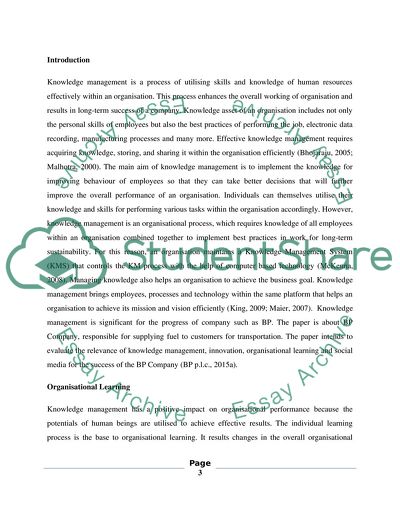Cite this document
(Knowledge Management, Social Networks and Innovation Coursework - 1, n.d.)
Knowledge Management, Social Networks and Innovation Coursework - 1. Retrieved from https://studentshare.org/technology/1861445-knowledge-management-social-networks-and-innovation
Knowledge Management, Social Networks and Innovation Coursework - 1. Retrieved from https://studentshare.org/technology/1861445-knowledge-management-social-networks-and-innovation
(Knowledge Management, Social Networks and Innovation Coursework - 1)
Knowledge Management, Social Networks and Innovation Coursework - 1. https://studentshare.org/technology/1861445-knowledge-management-social-networks-and-innovation.
Knowledge Management, Social Networks and Innovation Coursework - 1. https://studentshare.org/technology/1861445-knowledge-management-social-networks-and-innovation.
“Knowledge Management, Social Networks and Innovation Coursework - 1”, n.d. https://studentshare.org/technology/1861445-knowledge-management-social-networks-and-innovation.


